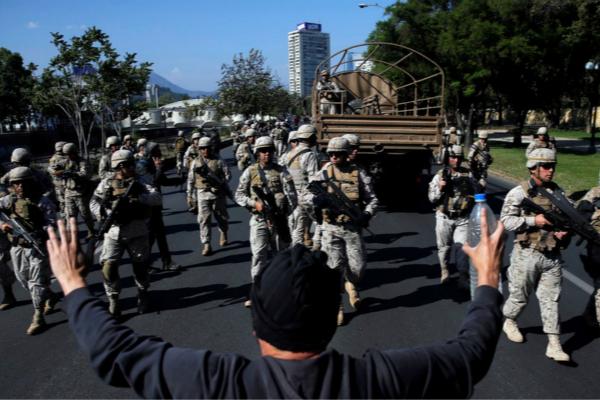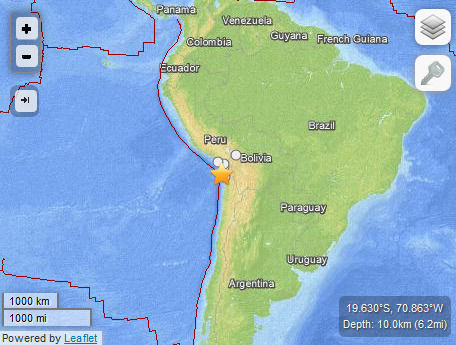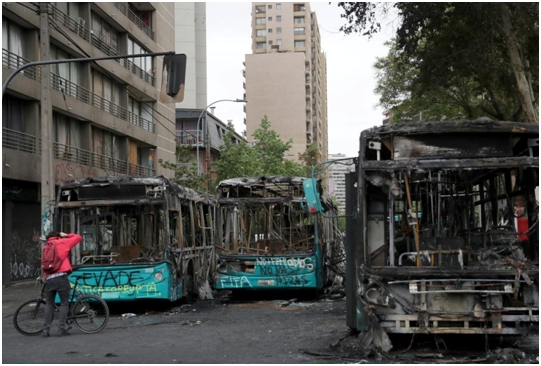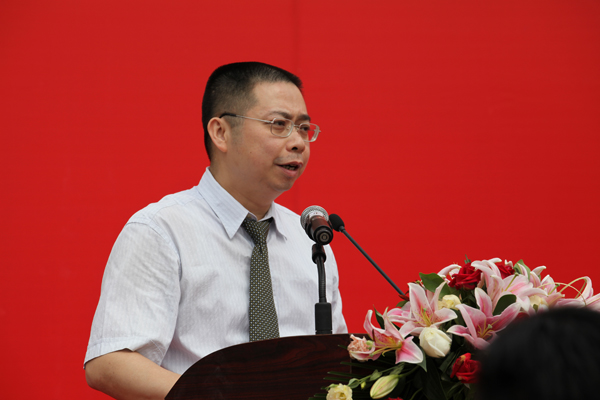(Picture Source:Sogou)
On October 6, the price of the subway in San Diego is up, making it one of the most expensive metro lines in Latin America with a peak price of up to 830 Chilean pesos. The price of the bus also increased. It is reported that the original price of the subway is 780 Chilean pesos. In the wake of the riots, President Pinheira made a speech to the country in the early morning of 19, declaring the capital into a state of emergency, and will invoke a special national security law to prosecute the "a criminal" responsible for the destruction of the whole city," he said. Sympathy is expressed for people who have been affected by the rise in the price of the subway. Why is it only for the 50-Chile peso that the population is deeply discontented and violent, and even killed more than one person?
The violence may soon be quelled and will not prevent Chile from moving into a first-class developed country, but the cause of the violence is also worthy of reflection by the Chilean government. As the only Latin American country that transcends the "middle-income trap" and joins APEC, Chile has maintained a stable political system and a sound economic and social system for a long time. Under the background that Latin American countries are generally in a difficult position of development and governance, the "Chilean model" has attracted the attention of all countries, and Chile's "oasis" is a bright landscape in Latin America. But when the cold winter comes, perhaps the beautiful oasis will fade. In the face of the ever-changing scriptures Only by continuing the steady policy direction, adhering to the concept of open, pluralistic and inclusive development and exploring new growth opportunities can Chile solve the difficult problems of development and better benefit the people.


As the cost of living in Chile continues to rise, this seemingly modest increase in subway fares became the last straw to crush the Chilean people. Thousands of students took part in a massive ticket evasion protest, flocking to the subway station in Santiago, the Chilean capital, destroying revolving gates and other infrastructure. Demonstrators from the initial "tripping into the station" to the destruction of subway stations, to attacks on the police, smashing shops, burning buildings, and even spread to other cities, there is a growing trend. It is reported that 308 people have been arrested and hundreds of people and police have been injured. In the face of the wave of protest, Pinera government On the one hand, the government calmed public opinion and explained that the price increase was "forced" to freeze the price increase; on the other hand, it forcefully stopped the violence, declared a state of emergency, and imposed a curfew on the military in the capital. At present, the situation in Chile has not completely calmed down, and it is not known how the situation has evolved.
No matter what the people had expected, even the Chilean president, Pinheira, had not thought, or he could not, shortly before the violence, express, "The current situation of Latin American political and political affairs is volatile, and Chile is a real oasis", or even call for "The people work hand in hand with the government to guard the country" in a television interview. There are many countries in the world with Chile as an example to consolidate their own government and develop their own economy. No one was able to think of the laudable "Chile model" that turned into such a pattern.

In fact, the increase in economic pressure on the middle and lower classes is the root cause of the intensification of the incident. Since Pinera came to power, he has been determined to push forward the reform of tax law, labor law and pension. Although this practice has unloaded the burden of public finance and effectively guaranteed economic growth, it has also sacrificed the interests of the middle and lower classes to a certain extent, causing dissatisfaction among this group. So far this year, downward pressure on the Chilean economy has soared, with the government cutting its growth forecast from 3.2 percent to 2.4 percent to 2.9 percent, barely reaching the regional average, depriving Chile of its position as a "leader" in Latin America. That's why Chile's The quantity and quality of employment have declined, and the economic pressure of the people has begun to increase. At the same time, the military and police corruption scandal exposed from time to time added fuel to the fire, to the disappointment of the Chilean people. Pinera's government, on the other hand, has raised subway prices, electricity prices and medical spending one after another, further lowering the living standards of the middle and lower classes and igniting their strong dissatisfaction.




